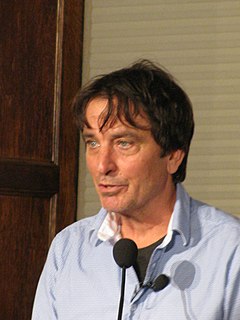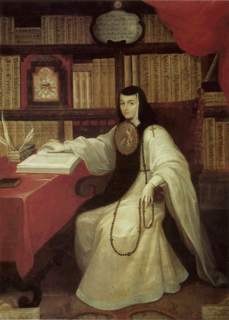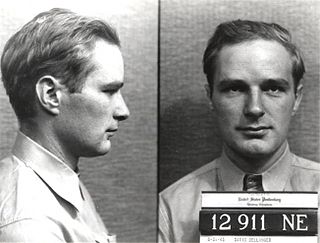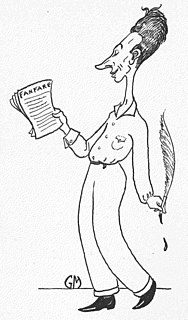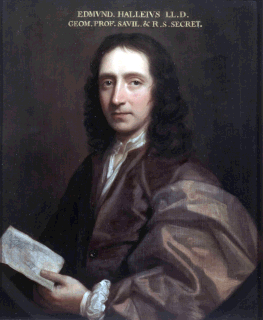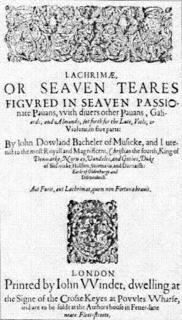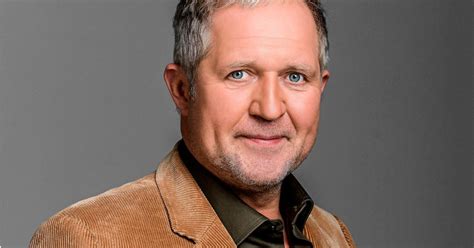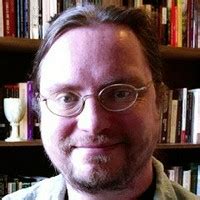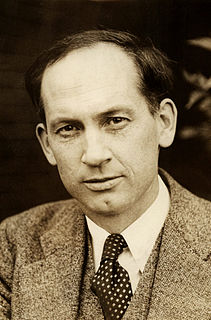Top 594 Plato And Aristotle Quotes & Sayings - Page 8
Explore popular Plato And Aristotle quotes.
Last updated on April 20, 2025.
This does not mean that you are warmongers. On the contrary, the soldier above all other people prays for peace, for he must suffer and bear the deepest wounds and scars of war. But always in our ears ring the ominous words of Plato, that wisest of all philosophers: "Only the dead have seen the end of war.
Aristotle taught that stars are made of a different matter than the four earthly elements— a quintessence— that also happens to be what the human psyche is made of. Which is why man’s spirit corresponds to the stars. Perhaps that’s not a very scientific view, but I do like the idea that there’s a little starlight in each of us.
The Western World has been brainwashed by Aristotle for the last 2,500 years. The unconscious, not quite articulate, belief of most Occidentals is that there is one map which adequately
represents reality. By sheer good luck, every Occidental thinks he or she has the map that fits. Guerrilla ontology, to me, involves shaking up that certainty.
Plato defined a slave as one who accepts from another the purposes which control his conduct. This condition obtains even where there is no slavery in the legal sense. It is found wherever men are engaged in activity which is socially serviceable, but whose service they do not understand and have no personal interest in.
Bacon not only despised the syllogism, but undervalued mathematics, presumably as insufficiently experimental. He was virulently hostile to Aristotle , but he thought very highly of Democritus , Although he did not deny that the course of nature exemplifies a Divine purpose, he objected to any admixture of teleological explanation in the actual investigation of phenomena; everything, he held, should be explained as following necessarily from efficient causes .
I cannot favour laws such as that of Idaho, which allows sterilization of 'mental defectives, epileptics, habitual criminals, moral degenerates, and sex perverts.' The last two categories here are very vague . . . The law of Idaho would have justified the sterilization of Socrates, Plato, Julius Caesar, and St. Paul.
It is in the stomach of plants that development begins, and ends in the circles of the universe. 'Tis a long scale from the gorilla to the gentleman,--from the gorilla to Plato, Newton, Shakespeare,--to the sanctities of religion, the refinements of legislation, the summit of science, art, and poetry. The beginnings are slow and infirm, but it is an always accelerated march.
Let us say in passing that since (philosophical) remedies are often worse than the malady, our age, in order to be cured of the Plato sickness, has swallowed such doses of a relativist, vaguely skeptical, lightly spiritualist and insipidly moralist medicine, that it is in the process of gently dying, in the small bed of its supposed democratic comfort.
Three sorts of goods, Aristotle specified, contribute to happiness: goods of the soul, including moral and intellectual virtues and education; bodily goods, such as strength, good health, beauty, and sound senses; and external goods, such as wealth, friends, good birth, good children, good heredity, good reputation and the like.
But, lady, as women, what wisdom may be ours if not the philosophies of the kitchen? Lupercio Leonardo spoke well when he said: 'how well one may philosophize when preparing dinner.' And I often say, when observing these trivial details: had Aristotle prepared vituals [sic], he would have written more.
Talk can neither be verified nor falsified in any rigorous sense. This is an open secret which hermeneutics and aesthetics, from Aristotle to Croce, have laboured to exorcise or to conceal from themselves and their clients. This ontological, which is to say both primordial and essential axiom (or platitude) of ineradicable undecidability needs, none the less, to be closely argued.
In prison, the gloves were off, the comforting rhetoric and rationalization were absent. To use a phrase from Plato, I saw the laws of our society 'writ large' - its flagrant inequalities of opportunity and disastrous results, its contempt for vast categories of our fellow human beings, its reliance on institutional violence.
American literature has been, and is, singularly deficient in established critics who have anything like a rational conception of their jobs. The majority, initiate in a few of the patent rituals of Aristotle and Quintilian, don the forbidding robes of high priests to Sweetness and Light, and go about their business much as if the idea were to keep all they know to themselves.
Aristotle's opinion... that comets were nothing else than sublunary vapors or airy meteors... prevailed so far amongst the Greeks, that this sublimest part of astronomy lay altogether neglected; since none could think it worthwhile to observe, and to give an account of the wandering and uncertain paths of vapours floating in the Ether.
I imagine that whenever the mind perceives a mathematical idea, it makes contact with Plato's world of mathematical concepts... When mathematicians communicate, this is made possible by each one having a direct route to truth, the consciousness of each being in a position to perceive mathematical truths directly, through the process of 'seeing'.
Aristotle ... imputed this symphony of the heavens ... this music of the spheres to Pythagorus. ... But Pythagoras alone of mortals is said to have heard this harmony ... If our hearts were as pure, as chaste, as snowy as Pythagoras' was, our ears would resound and be filled with that supremely lovely music of the wheeling stars.
The Gospels were not thought of as works of literature. People were not concerned with the literary reputation of Matthew or Mark, but with the substance of their records of our Lord's life. They did not have to respect their actual words, as they would if they were transcribing the works of Thucydides or Plato.
Indeed, the very first acknowledgment (as far as I am aware) of the attraction of mutilated bodies occurs in a founding description of mental conflict. It is a passage in The Republic, Book IV, where Plato’s Socrates describes how our reason may be overwhelmed by an unworthy desire, which drives the self to become angry with a part of its nature.
Homer, Hesiod, Pythagoras, Plato, and Cicero, just to name a few, all lived in pagan societies. Some of the greatest political and military leaders of all time, such as Alexander the Great, Pericles of Athens, Hannibal of Carthage, and Julius Caesar of Rome, were all pagans, or else living in a pagan society.
If you read philosophical texts of the tradition, you'll notice they almost never said 'I,' and didn't speak in the first person. From Aristotle to Heidegger, they try to consider their own lives as something marginal or accidental. What was essential was their teaching and their thinking. Biography is something empirical and outside, and is considered an accident that isn't necessarily or essentially linked to the philosophical activity or system.
We may like well to know what is Plato’s and what is Montesquieu’s or Goethe’s part, and what thought was always dear to the writer himself; but the worth of the sentences consists in their radiancy and equal aptitude to all intelligence. They fit all our facts like a charm. We respect ourselves the more that we know them.
He that makes himself famous by his eloquence, justice or arms illustrates his extraction, let it be never so mean; and gives inestimable reputation to his parents. We should never have heard of Sophroniscus, but for his son, Socrates; nor of Ariosto and Gryllus, if it had not been for Xenophon and Plato.
The science of the church is neglected for the study of geometry, and they lose sight of Heaven while they are employed in measuring the earth. Euclid is perpetually in their hands. Aristotle and Theophrastus are the objects of their admiration; and they express an uncommon reverence for the works of Galen. Their errors are derived from the abuse of the arts and sciences of the infidels, and they corrupt the simplicity of the gospel by the refinements of human reason.
The sense of tragedy - according to Aristotle - comes, ironically enough, not from the protagonist's weak points but from his good qualities. Do you know what I'm getting at? People are drawn deeper into tragedy not by their defects but by their virtues. ... [But] we accept irony through a device called metaphor. And through that we grow and become deeper human beings.
That is the beauty when I discovered the label 'Touched With Fire.' That book defined it for me, I could be that. And we just happen to be living in one age of society that put these various labels on the condition. In Aristotle's time, it was the 'inspired state.' In the Native American cultures, you were the shaman. Labels and language creates realities, even if they are false.
I am certainly open to the idea that this might be used to explain other philosophical categories besides knowledge. I have some real sympathy with the work of those moral realists who have tried to give naturalistic accounts of human flourishing, and who offer accounts of right action in such terms. (I suppose this is more evidence that I really do have deep affinities with Aristotle!)
In the academic setting, you take (typically) lonely, interesting middle-aged men and beautiful, intelligent young women, and everybody's motivations for display and conquest are engaged to the max. Sublimated, this can be a powerful force for the good - Plato had a lot to say about that - but acted upon it can bring evils without end.
I hate ideologies of all kinds, so I avoid jargon. I've done enough philosophy to know that some specialized terms are really needed. I don't complain when Kant does it. Or when Aristotle introduces all kinds of new words; he needed them. But these other people [modern philosophers] are just obfuscating. It just makes me annoyed.
It is suggested that all written works, including this one, have dangerous implications to the vitality of an oral tradition and to the health of a civilization, particularly if they thwart the interest of a people in culture, and following Aristotle, the cathartic effects of culture. "It is written but I say unto you" is a powerful directive to Western civilization.
While [Plato] affirmed with emphasis that the place of the individual in society should not be determined by birth or wealth or any conventional status, but by his own nature as discovered in the process of education, he had no perception of the uniqueness of individuals. For him they fall by nature into classes, and into a very small number of classes at that.
But, Jefferson worried that the people - and the argument goes back to Thucydides and Aristotle - are easily misled. He also stressed, passionately and repeatedly, that it was essential for the people to understand the risks and benefits of government, to educate themselves, and to involve themselves in the political process. Without that, he said, the wolves will take over.
When watching men of power in action it must be always kept in mind that, whether they know it or not, their main purpose is the elimination or neutralization of the independent individual- the independent voter, consumer, worker, owner, thinker- and that every device they employ aims at turning men into a manipulable animated instrument which is Aristotle's definition of a slave.














